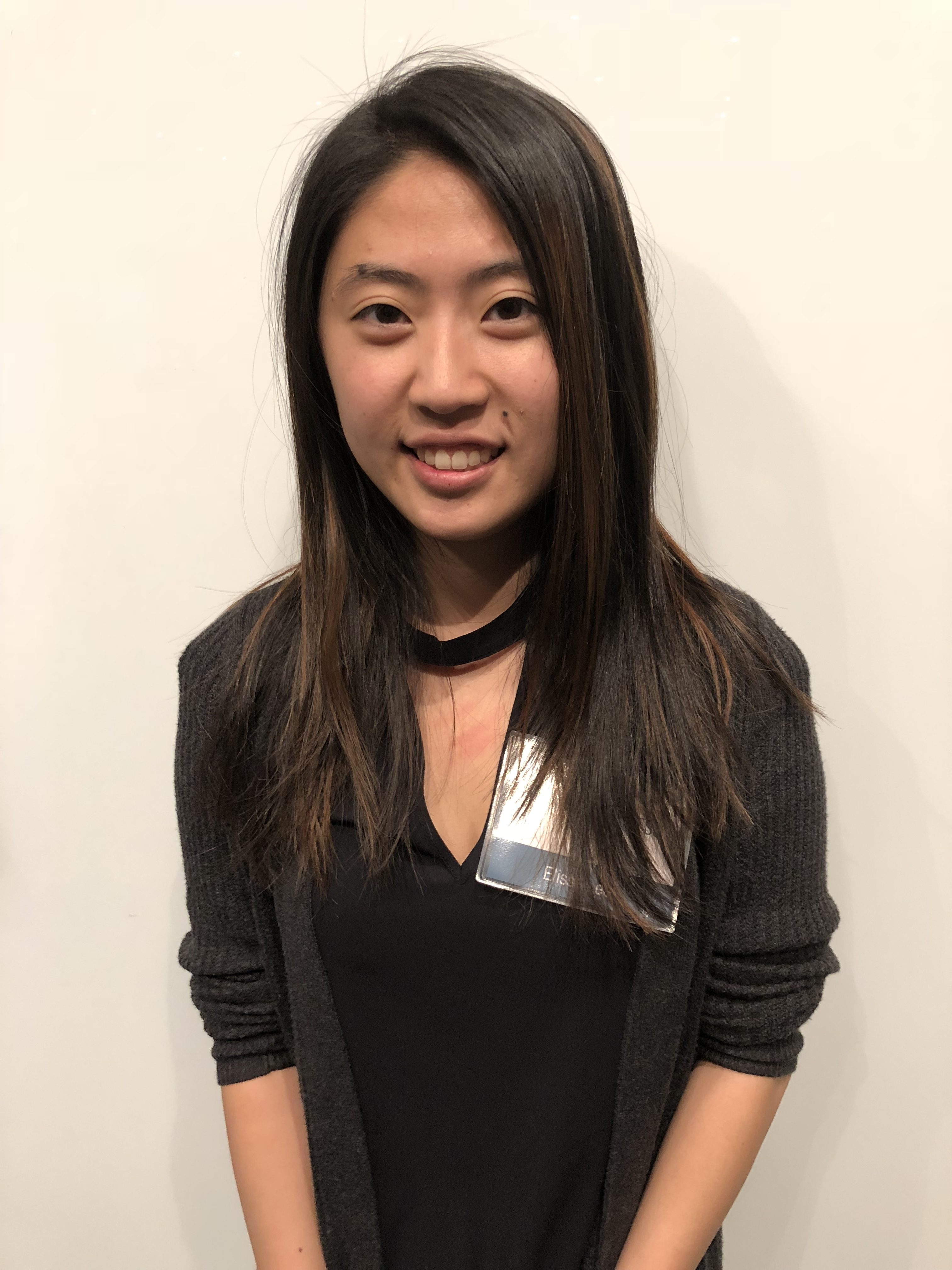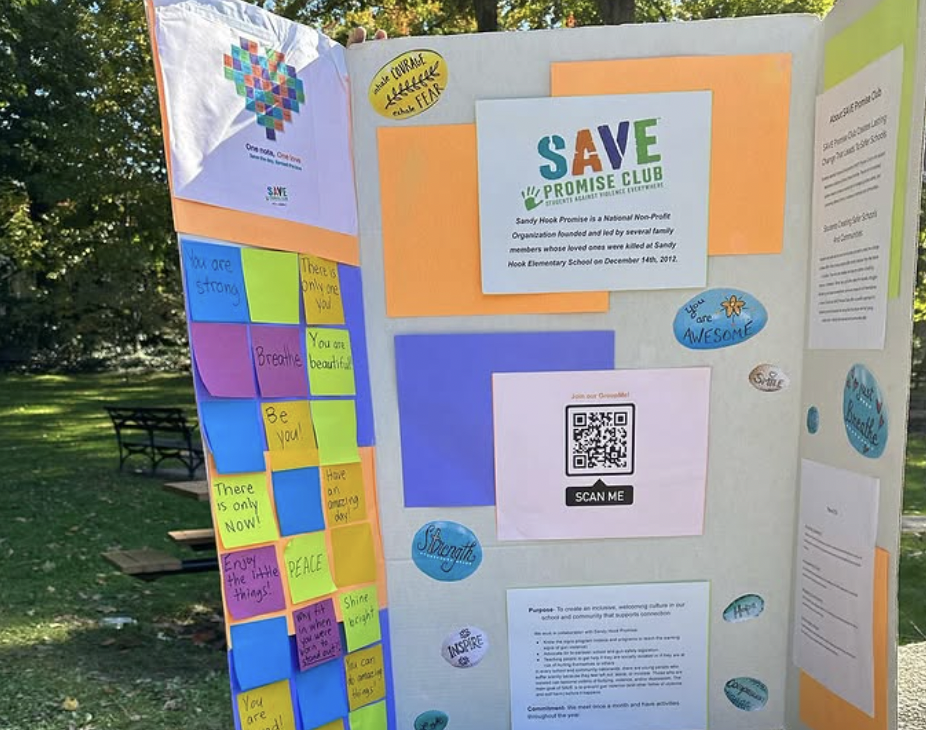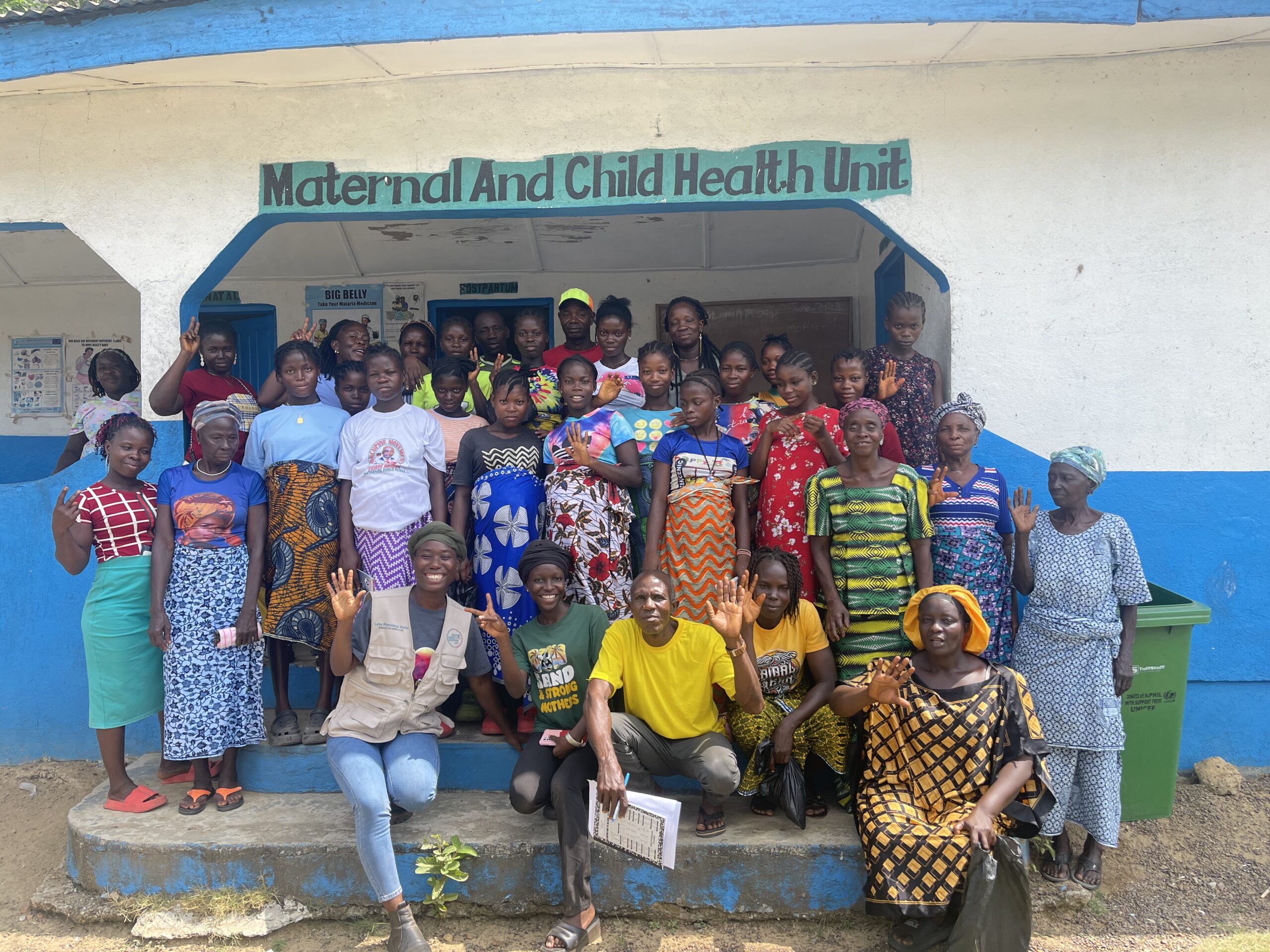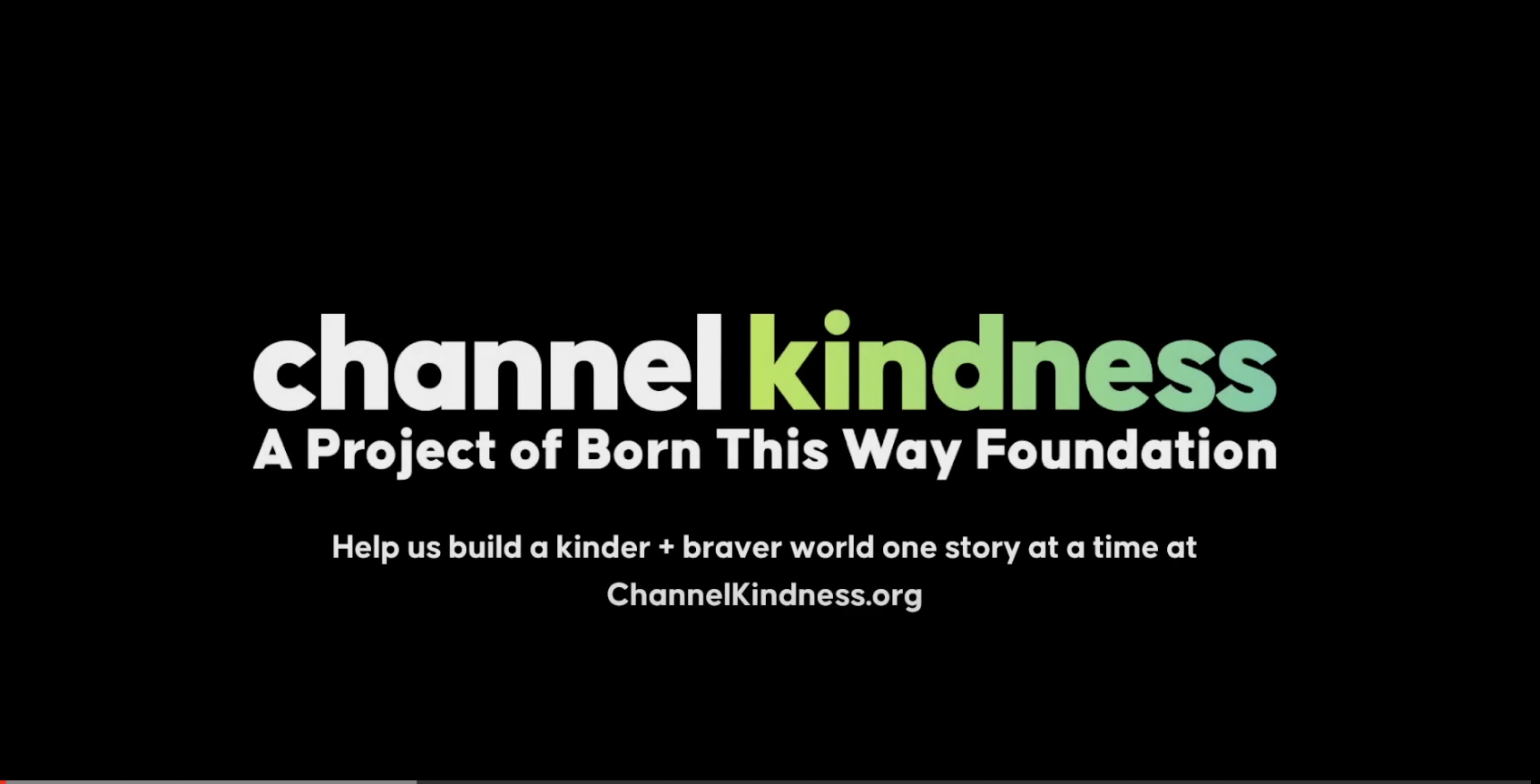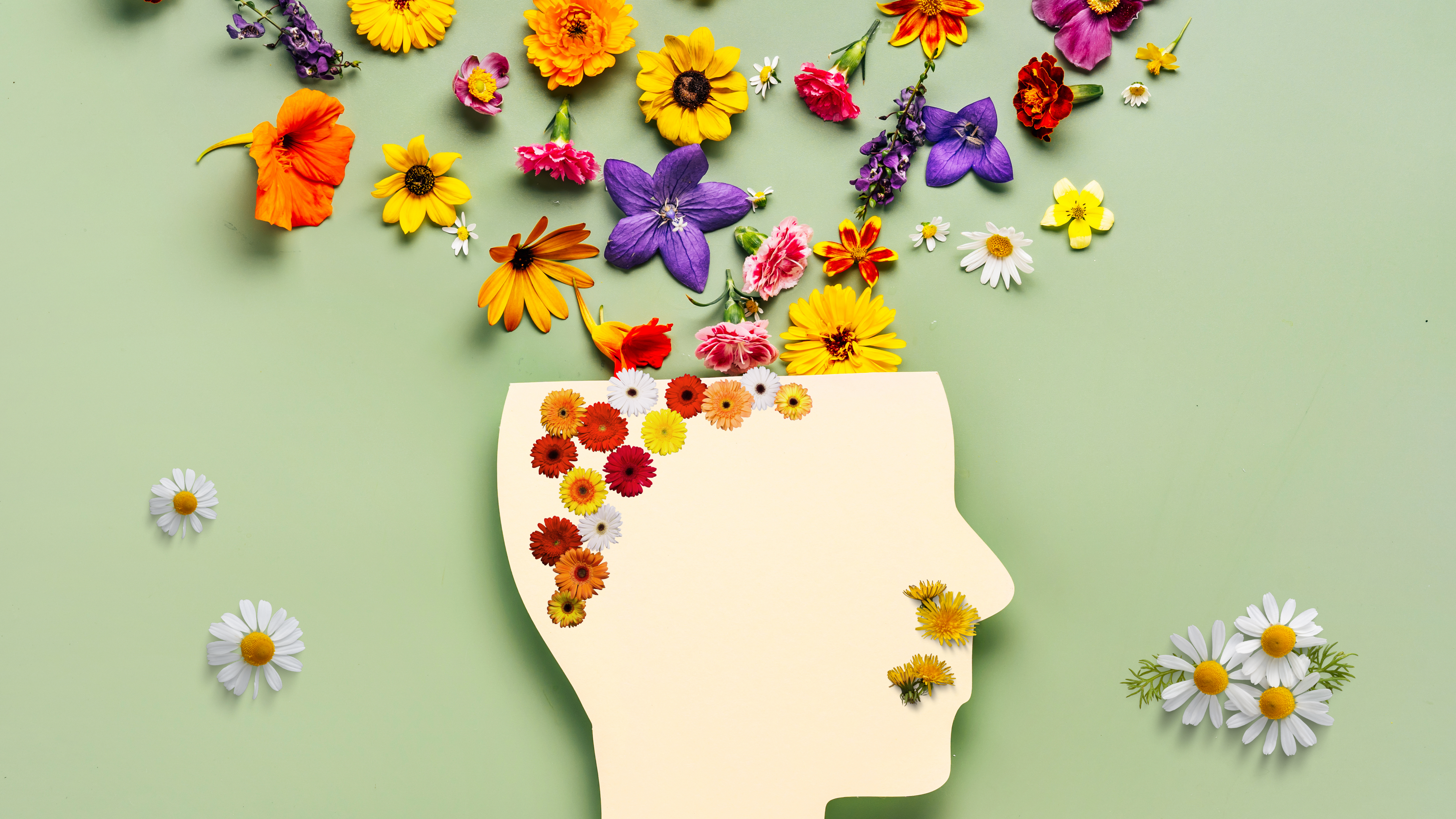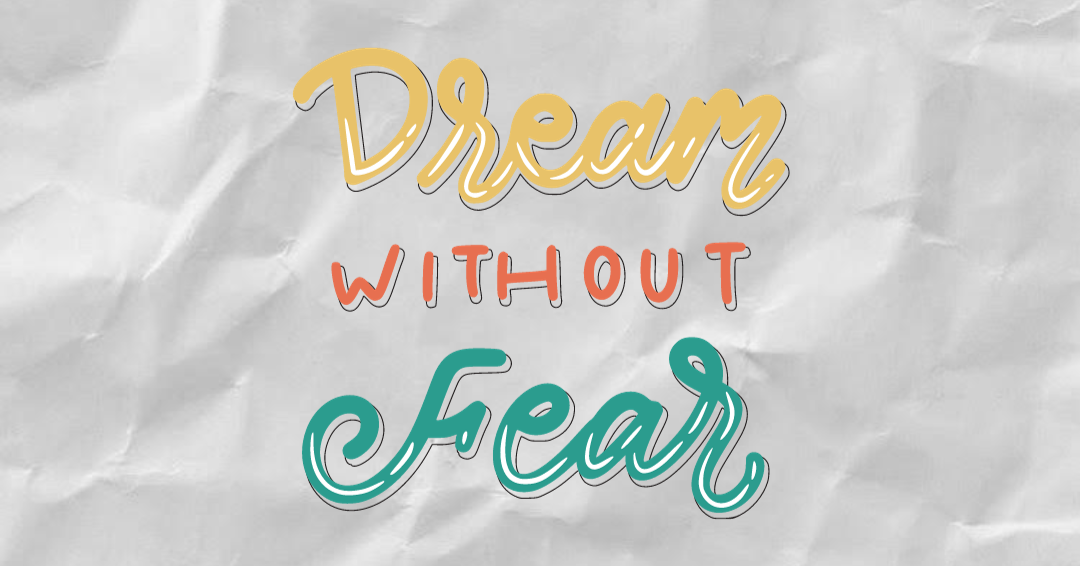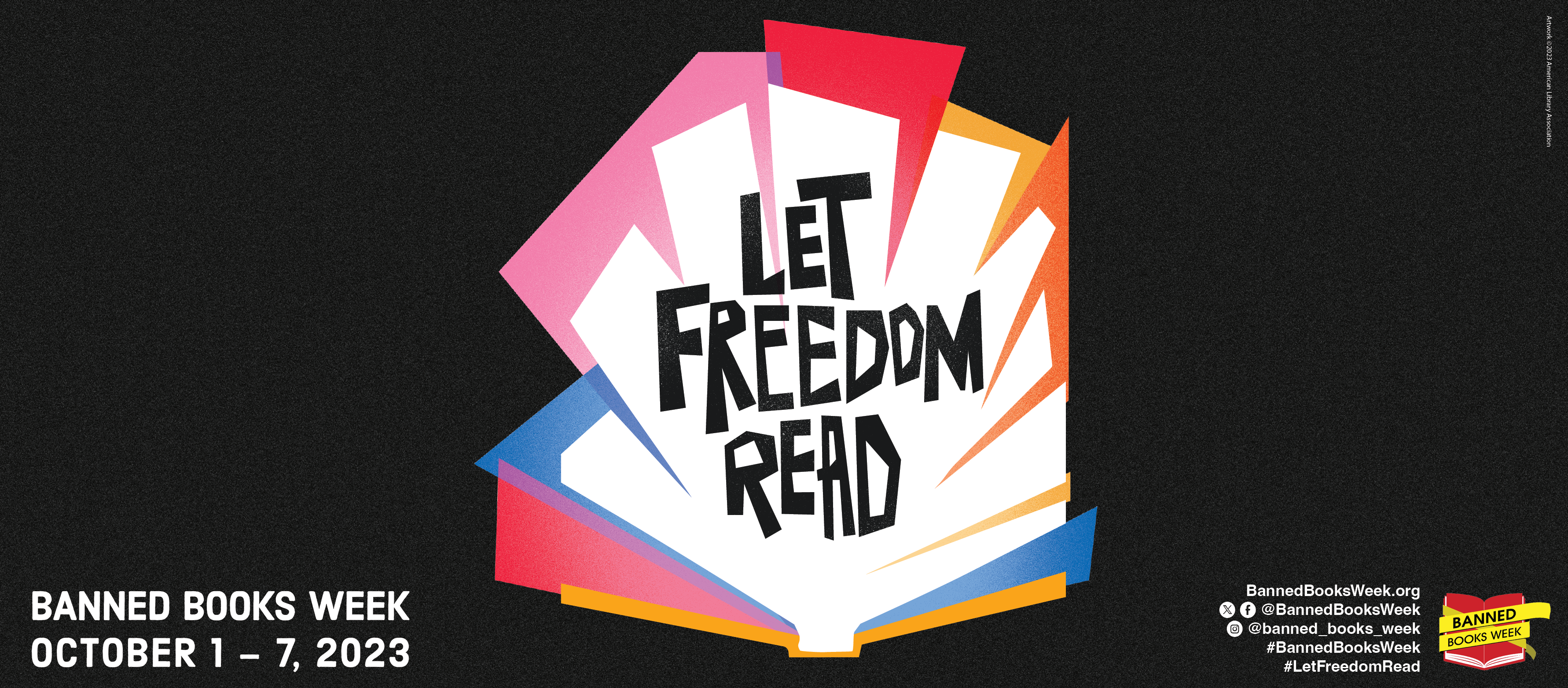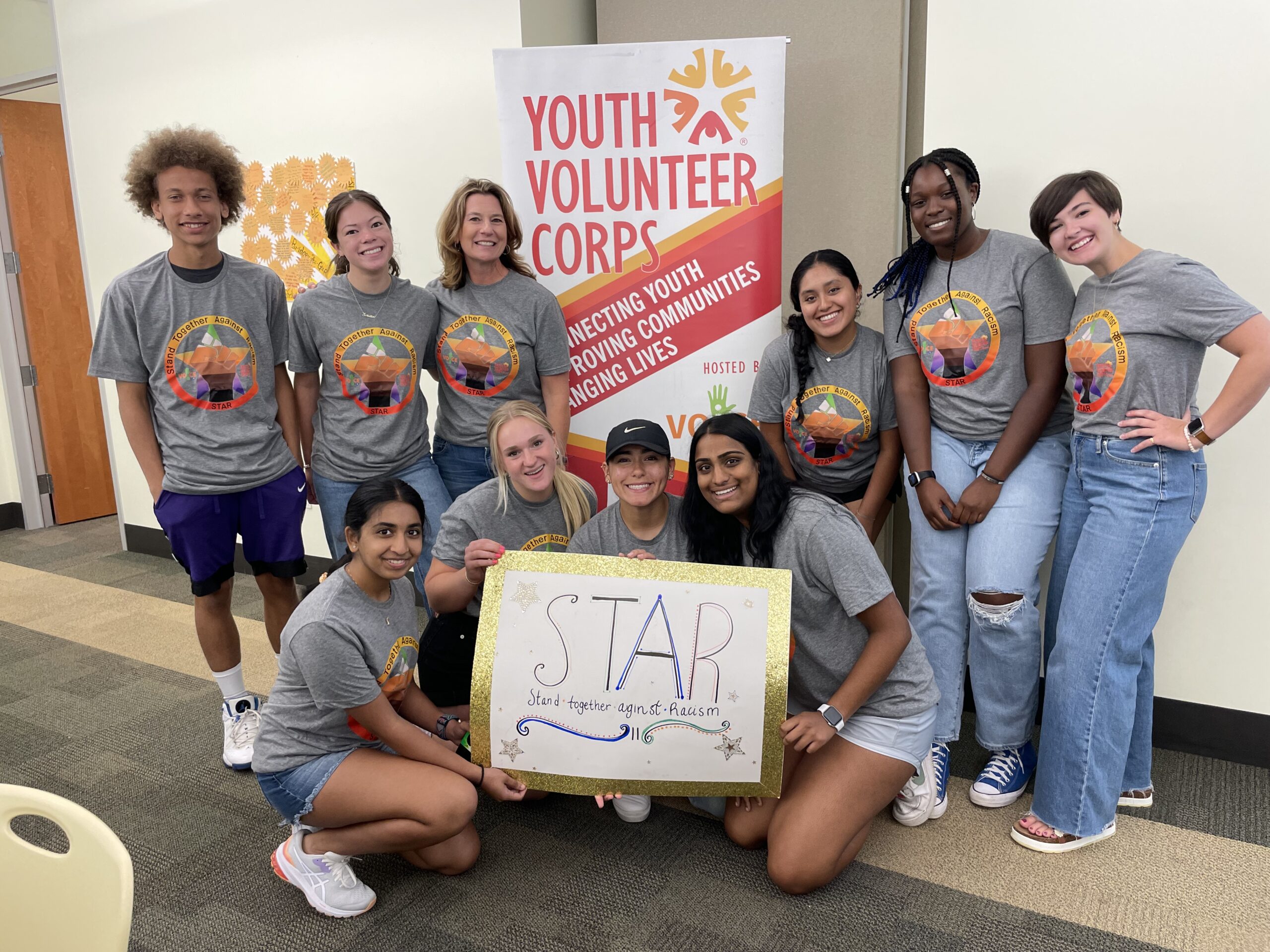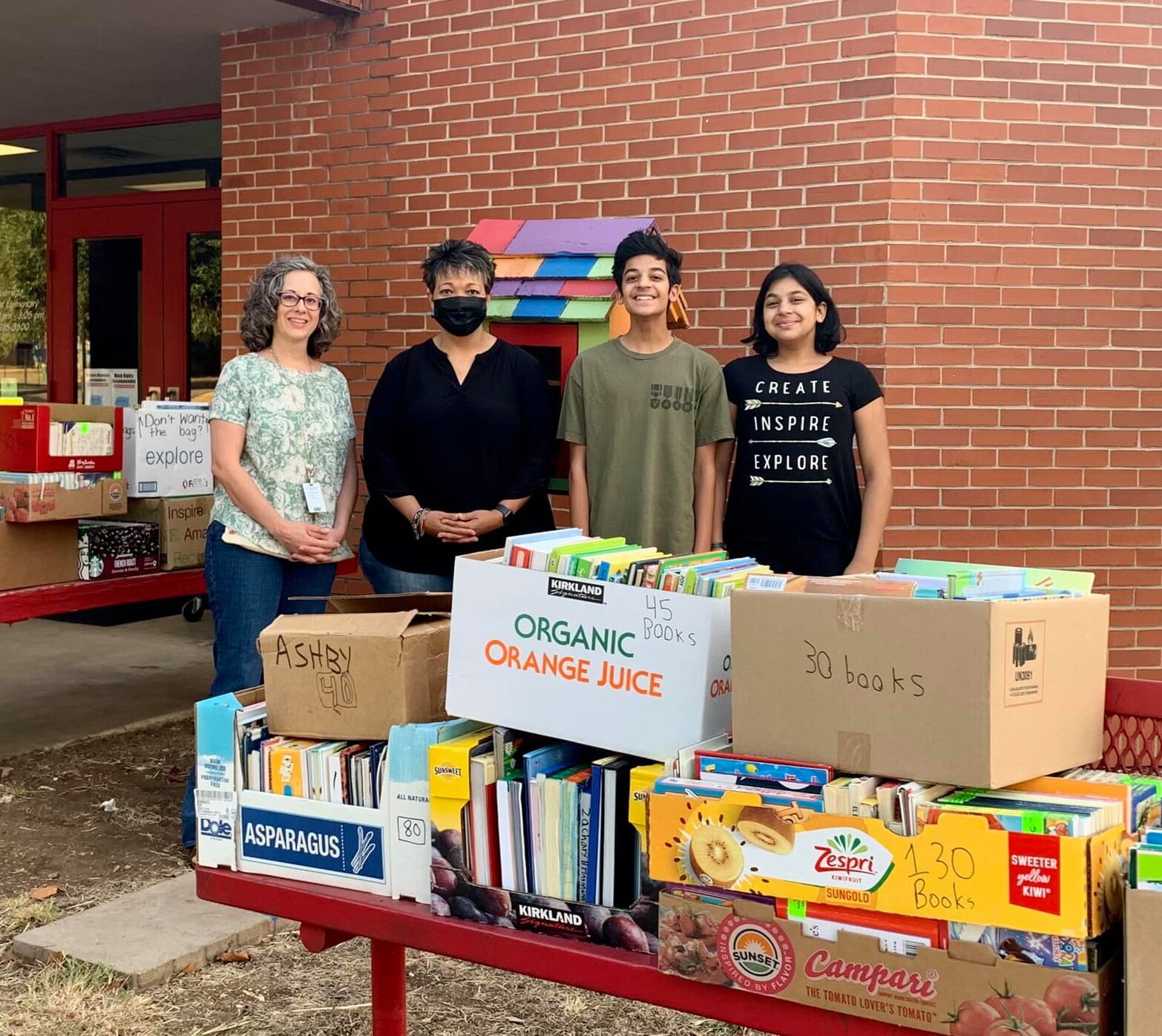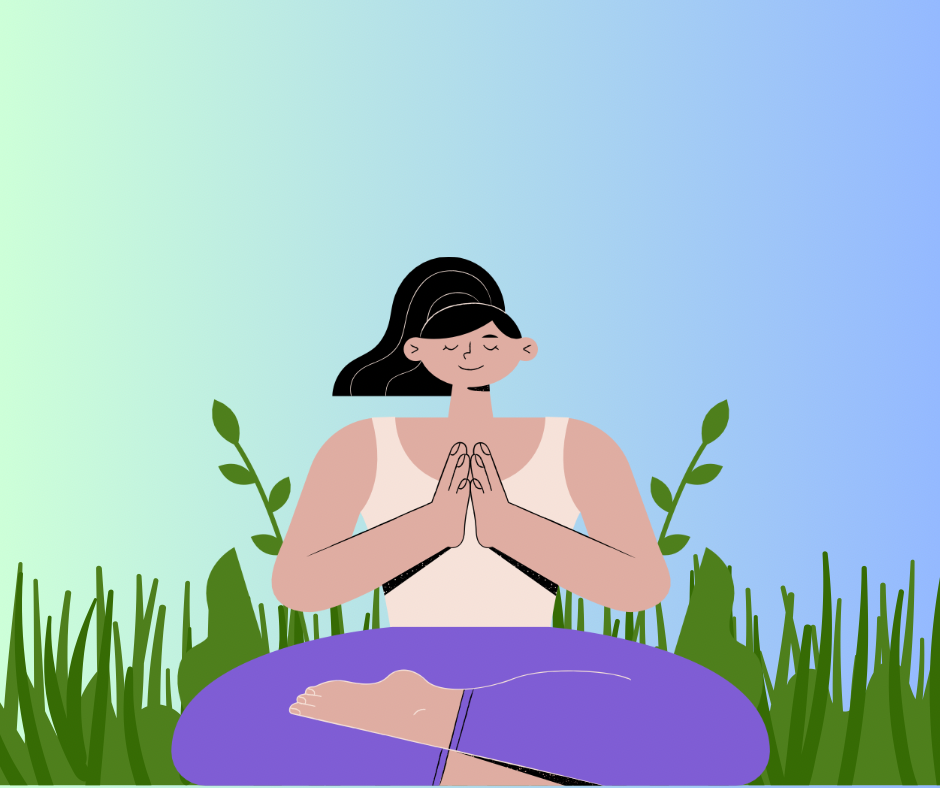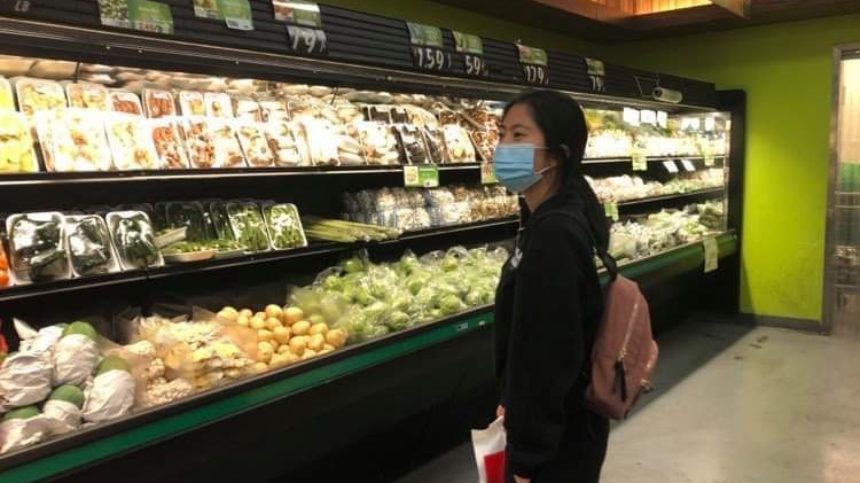
Even before shelter-in-place came to Los Angeles in March 2020, one of my aunties called me (which never happens unprompted). “Don’t go outside,” she said in Mandarin as I picked up the phone. “I’ve been thinking about it and you need to be wearing a mask to protect yourself from the coronavirus, but ah-yi [another aunty] said they are starting to attack Asians wearing masks — they think we all have COVID.”
She proceeded to muse from there, wondering out loud if my boss would let me work from home to avoid people, recommending that I only shop at Asian markets (I followed suit, for the most part), and sharing recipes and dishes I could be able to stock up at home to avoid more trips (“Did you know they have microwaveable rice now?”)
And still, with the privilege of being able to work from home, cook for myself, and shop in mostly Asian markets, it has been difficult to avoid the increased onslaught of violence and discrimination, even in the little time many of my peers and I spend outside of the home.
While this isn’t new, the pandemic and compounding crises have further fanned the flames. Stop AAPI Hate, a reporting center initiated at the start of the pandemic, has received over 2,800 accounts of anti-Asian discrimination between March and December 2020, with many speculating that this is only the tip of the iceberg. A 2020 report indicated that there was a reported eight-fold increase of anti-Asian hate crimes in New York as compared to 2019. There has also been a recent surge of reported violence against our Asian elders as of late, the most vulnerable of us. 70% of Asian Americans opted out of in-person learning, more than any other racial group and nearly twice that of white students — per NBC, a principal in New York shared that many are afraid of leaving their apartments to come to class.
While I’m still listening and learning about how to be there for my community, I wanted to share some resources:
Educate yourself and one another
Whether or not you’re a first-generation Asian American like me, there has been a lack of AAPI history taught in our curriculums and in our daily lives.
Here are some resources to get you started:
- The PBS documentary, Asian Americans
- NPR article on the Model Minority Myth
- National Geographic’s “America’s long history of scapegoating its Asian citizens”
- Activists to read up on: Harvey Dong, Grace Lee Boggs, Yuri Kochiyama, Fred Korematsu
- Social and News Media: Daniel Dae Kim, @danieldaekim, Amanda Nguyễn, @amandangocnguyen, Michelle Kim @michellekimkim, Jenny Wang @asiansformental health, Sherry Wang @drsherrycwang, and Next Shark (Asian American News)
- A Medium Article on Black and Asian solidarity, by Michelle Kim
Speak up and take action
- Report instances of anti-Asian assault at StopAAPIHate.org and StandAgainstHatred.org
- Asian Americans Advancing Justice (AAJC) has great resources from training to assistance on reporting violence as well as bystander intervention
- Volunteer for Compassion in Oakland, to chaperone Asian elders, started by 26-year-old Jacob Azevedo. There are similar initiatives in New York, Seattle, and other places.
Donate, shop, and support Chinatowns and other Asian businesses
An estimated 233,000 Asian-American small businesses closed between February and April 2020 per a UCLA Center for Neighborhood Knowledge study. According to AAJC Executive Director John C. Yang, many businesses are suffering and shuttering due to the misinformation and disinformation of the source of the virus.
- CCED LA, a grassroots LA-based organization, has a list of small businesses as well as additional opportunities to volunteer, donate, and sign petitions
- Save Our Chinatowns, has similar resources for the Bay Area
Other organizations to donate to:
More resources at anti-asianviolenceresources.carrd.co
Check in on yourself and your people
Now, more than ever, everyone has to take care of themselves and of each other as we face these compounding crises. Research shows that AAPI individuals seek mental health services three times less than their white counterparts, and less than any other racial group.
- BTWF Conversation on Mental Health in the AAPI Community
- Crisis Text Line for COVID-19
- APISAA Therapist Directory
I have also found comfort in reading about AAPI mental health from @asiansformentalhealth, @asiansdotherapy, @asianmentalhealthcollective, @asianmentalhealthproject.




